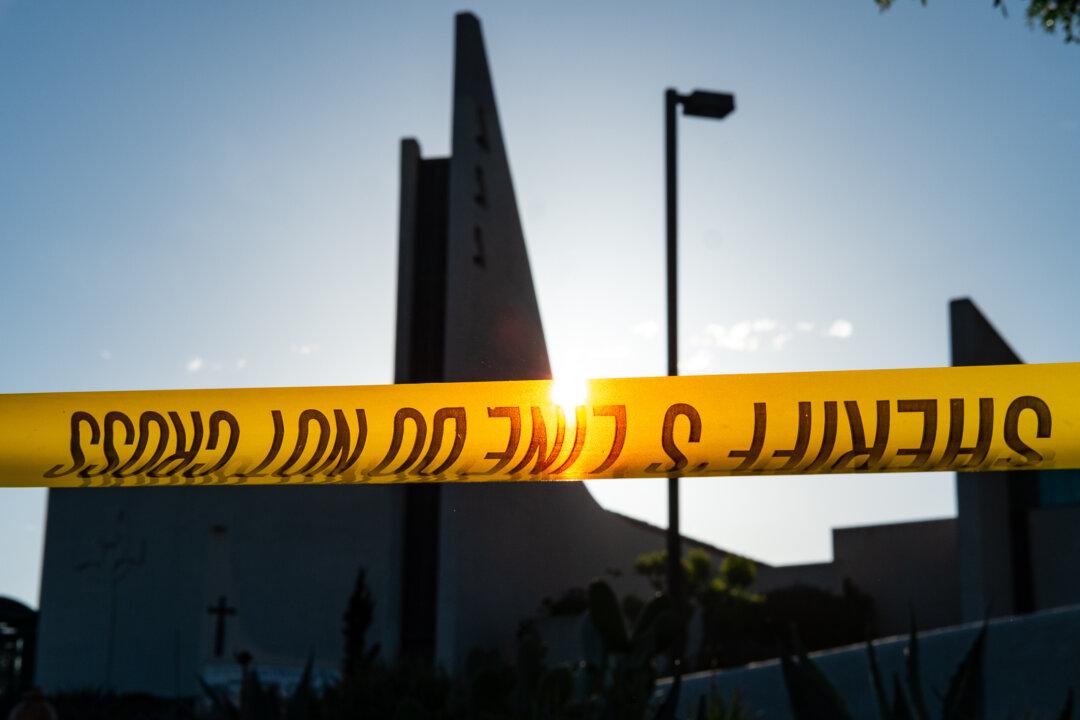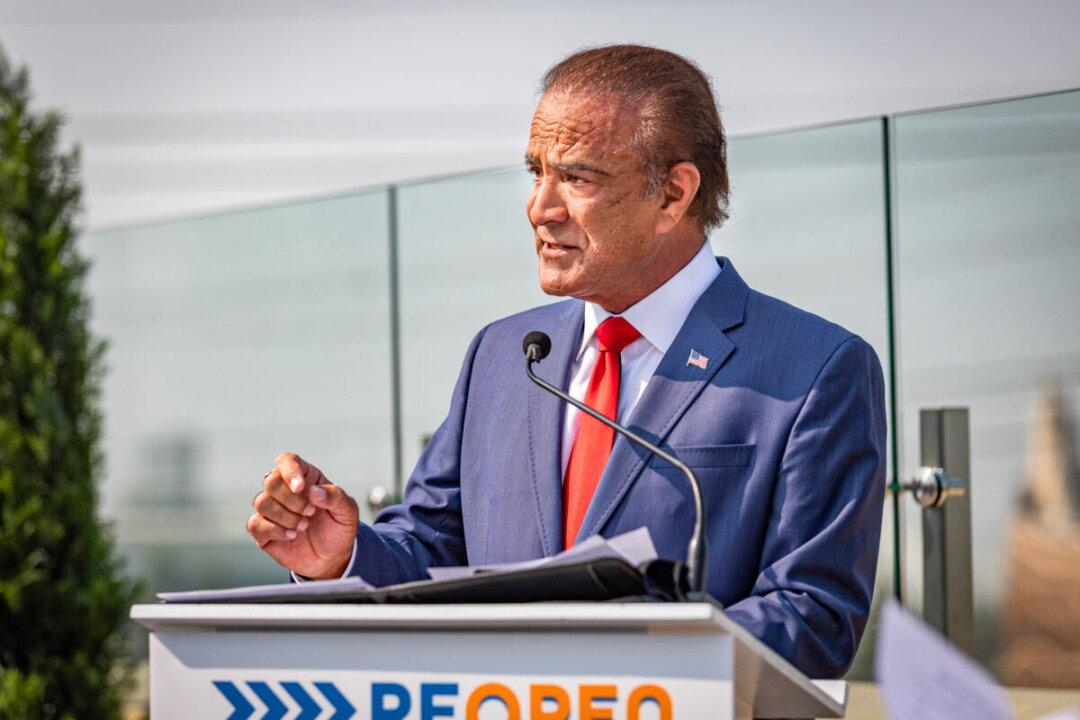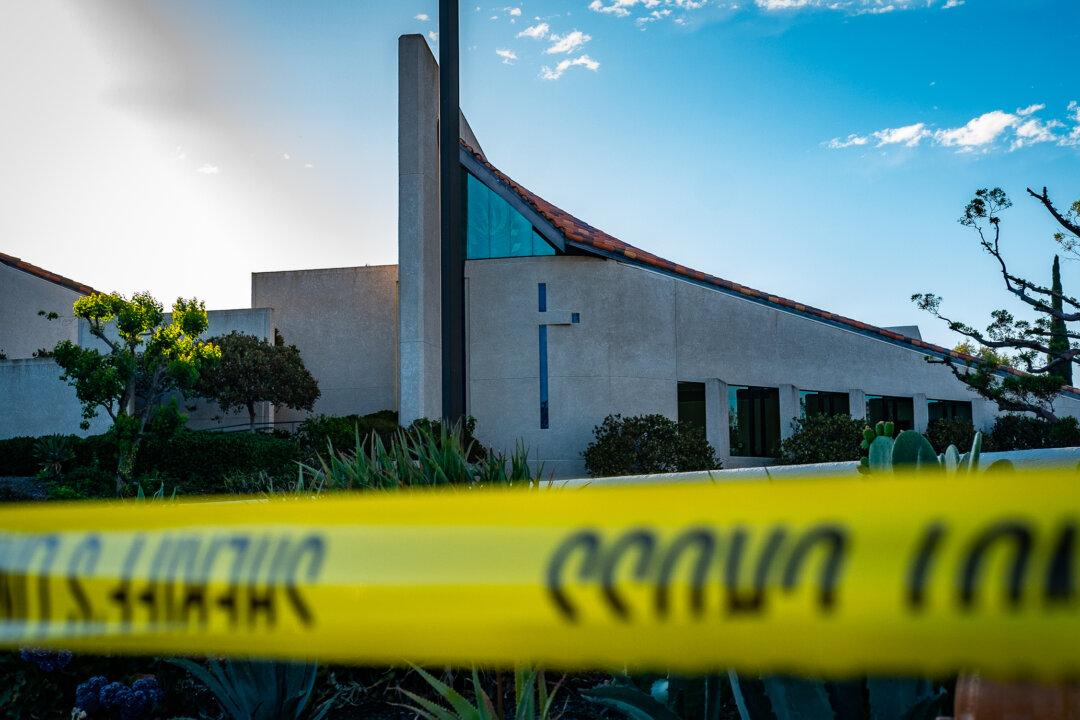Los Angeles County Sheriff Alex Villanueva questioned the involvement of former county board of supervisors who served with Mark Ridley-Thomas during his time of alleged corruption.
Villanueva went live on Facebook on Oct. 27 to discuss current issues throughout the county, including his concerns about the role the supervisors played in approving motions proposed by Ridley-Thomas.




